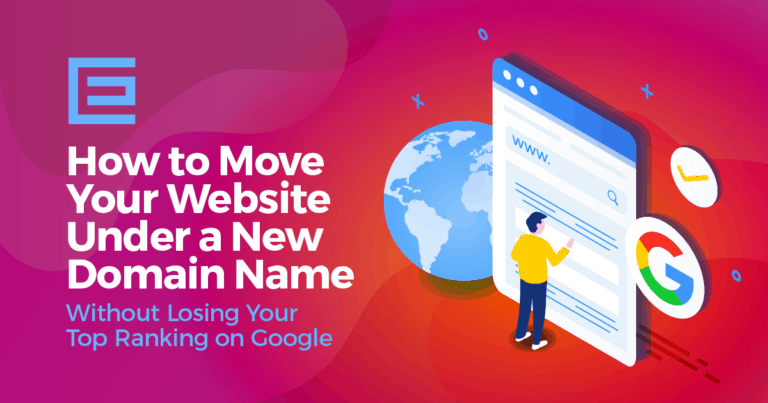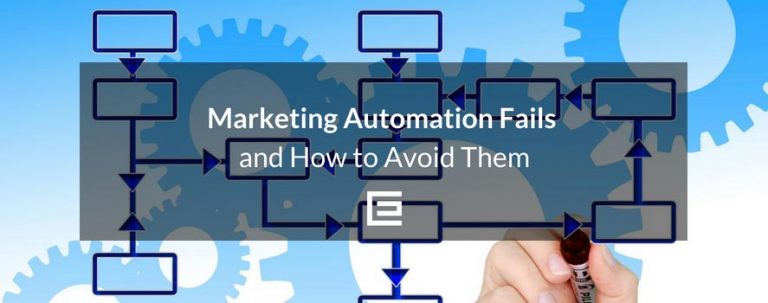The key to managing a successful Pay Per Click (PPC) campaign requires mathematics, effort and intuition. Pay-per-click advertising is, by its very nature, transactional. This means that the bidding strategy for your website must be formed by recognizing and adjusting to economic realities. To prevent search advertising mistakes‚ you will need to define your objectives, understand the value of that objective, react to the behavior of your competitors and target the types of users you want to attract.
Top 10 Search Advertising Mistakes
Search advertising has become an essential and powerful tool for small business owners aiming to boost their online visibility and attract more customers. However, navigating the complexities of search advertising platforms can be daunting, and search advertising mistakes are common.
Avoiding these pitfalls can significantly improve your campaign’s effectiveness and ensure a better return on investment.
Here are the top 10 mistakes to avoid when diving into search advertising for your small business:
1. Not Defining Clear Objectives: The biggest search advertising mistake is not having a clear goal for your search advertising campaign. Ask yourself what you desire from your online advertising and what you want your visitors to do once they click through your PPC advertisement. Whether it’s increasing website traffic, generating leads, or boosting sales, your objectives should guide your strategy and ad design. When it comes to Pay Per Click advertising, it is essential to keep your objective in mind.
2. Ignoring Keyword Research: Keywords are the foundation of search advertising. Using broad or irrelevant keywords can drain your budget quickly, attracting the wrong audience. Invest time in thorough keyword research, focusing on terms closely related to your products or services that your target audience is likely to use. You will begin to refine your campaigns with negative keywords…
3. Overlooking Negative Keywords: Just as important as choosing the right keywords is identifying negative keywords. These are terms for which you don’t want your ads to show up. For instance, for an air conditioning company, you might come across the search term “hvac technician jobs” when you really just want people searching for an “hvac technician”. To reduce wasted clicks, you may want to add that keyword and any keywords related to employments to the negative keyword lists. Neglecting negative keywords can lead to wasted ad spend on irrelevant clicks.
4. Failing to Optimize Ad Copy: Your ad copy should be compelling and directly related to the keywords you are bidding on. Generic ads fail to capture the user’s attention or match their search intent, leading to lower click-through rates (CTR) and conversions.
5. Not Utilizing Ad Extensions: Ad extensions provide additional information and ways for potential customers to interact with your ad, such as location information, phone numbers, or additional links. Not using these extensions is a missed opportunity to increase ad visibility and effectiveness.
6. Ignoring Mobile Users: 60% of search advertising clicks happen on a smart phone. Ensure your ads and landing pages are optimized for mobile devices to provide a seamless experience for users on the go. Make sure your call to action (CTA) is toward the top of the experience.
7. Neglecting Landing Page Experience: The user’s experience after they click on your ad is crucial. A poorly designed landing page that is not aligned with the ad’s message or is difficult to navigate can lead to high bounce rates and low conversion rates.
8. Setting and Forgetting: Search advertising requires ongoing optimization. Not regularly reviewing and adjusting your bids, keywords, and ad copy based on performance metrics means missing out on improving your campaign’s ROI.
9. Inadequate Budget Management: Mismanaging your budget can either lead to running out of funds too quickly or not spending enough to make an impact. It’s essential to allocate your budget based on campaign performance and adjust as necessary.
10. Ignoring Analytics and Metrics: The only way to know if your search advertising is working is by analyzing the data. Ignoring metrics like CTR, conversion rate, and cost per conversion means you won’t be able to optimize your campaigns effectively. Get to know your user traffic reports, demographics, landing page metrics as well as anything conversion-related.
Success in search advertising requires avoiding common pitfalls, such as poor keyword selection, neglecting mobile users, and failing to optimize based on performance data. By focusing on well-defined objectives, continuously optimizing your campaigns, and paying close attention to analytics, you can leverage search advertising to significantly boost your business’s online presence and customer base. Remember, the most effective search advertising strategy is one that evolves with your business needs and the digital marketing landscape.
Bringing Everything Together
Once you have defined your objectives and your users – and you know the ways to defeat your competitors – it is time to bring everything together and put it to the test. This will require great focus and effort. Concentrate your efforts on watching your competitors, analyzing bid position trends, calculating your performance metrics and testing out your new advertising copy to see whether the SEO techniques you implemented are proving effective. If you couple math with effort and focus, it can be easy to create a superb online advertising campaign.
TheeDigital Can Help with Maximizing Search Advertising ROI
Managing the ins and outs of PPC advertising can be an overwhelming hassle. Fortunately, at TheeDigital we specialize in results-driven Internet marketing, including PPC advertising for Raleigh, search engine optimization, social media marketing, and more. We can bring traffic to your site, and keep them there, with our world-class websites and videos.
Tags: Paid Search Marketing






